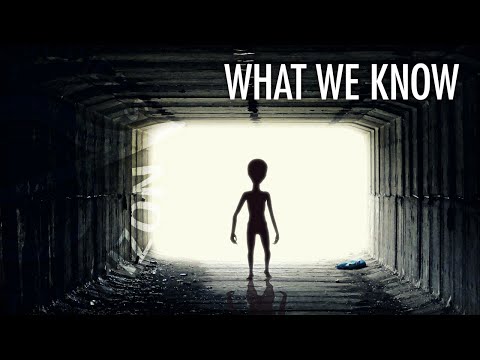Might convergent evolution and the limited number of biomechanical solutions to the needs of life result in alien life being no more weird than what we find on Earth? (Although if you look at some of the critters that inhabit the ocean, that's already pretty weird.) Dr Kershenbaum's book is The Zoologist's Guide to the Galaxy.
This is an interesting approach to conceptualizing what alien biological (as we understand it) life might look like. The zoologist outlines the fundamental functions a living system must fulfill for continued existence and posits how evolution might converge so as to provide such functions from very different structures. However, he begs the question of increasing complexity of organisms by conflating increase in individual component complexity with what he calls “accumulation” of small “improvements” which allow natural selection to occur. For anyone who has read Stephen C. Meyer’s “Signature in the Cell”, this legerdemain is obvious. The probability that a single functional protein could arise spontaneously is near zero in a 12 billion year-old universe. When it comes to the spontaneous evolution of new information by random processes, the video follows the party-line faith based “science”.
Meyer’s analysis is compelling, and he’s a good writer.
Imagine a planet populated by a intelligent machines which were descended from an artificially intelligent self-reproducing probe launched millions or billions of years earlier by a biological alien race and landed on their planet. The information about its origin and makers has been long forgotten, so its present-day descendants can only try to reverse-engineer their own construction and the means by which they assemble their progeny and try to infer how the first of their kind came to be. They would discover their intellect required tens of billions of microscopic components arranged and interconnected in a precise manner, in ways such that any slight disruption would render the entire system inoperable.
They try to imagine how even the simplest self-reproducing ancestor of their kind could have self-assembled, either on their planet or elsewhere, and are quickly stumped because there is no natural (non-intelligent machine) process which could create such structures and order. Some invoke a benevolent Creator while others speculate that there must have been a precursor intelligence of a very different kind that created the first of their own kind of life.
This, it seems to me, is precisely the situation humans pondering abiogenesis are faced with today. Like the intelligent machines trying to figure out “amicrogenesis”, many humans fall back to arguing, “Well, we know it happened, so it had to have happened somehow.”
